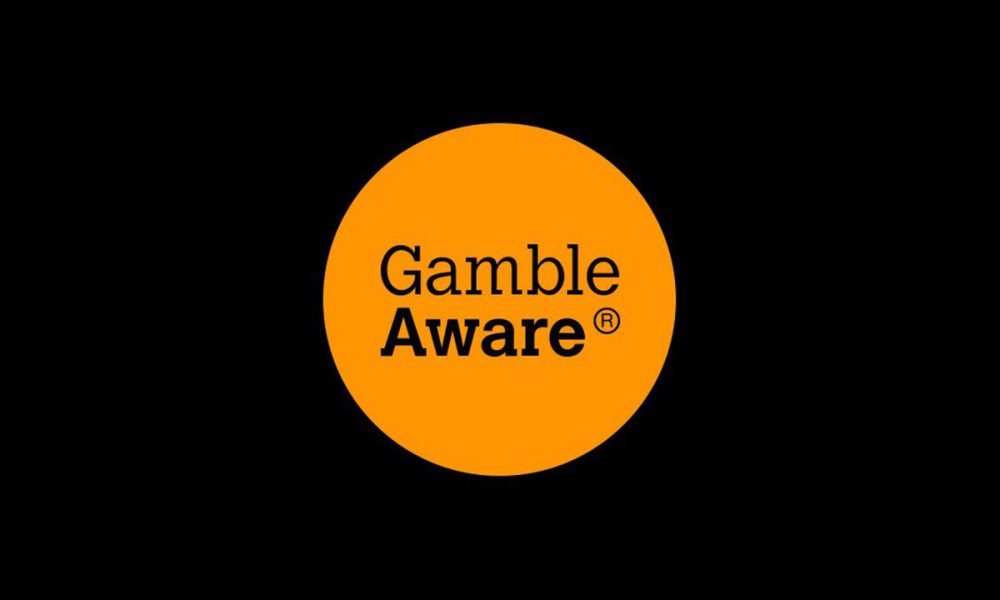GambleAware Advocates for Financial Risk Checks Amid Rising Gambling Harms
GambleAware, a leading authority on gambling harm prevention and treatment in Great Britain, is championing the introduction of financial risk checks in the gambling industry.

This initiative comes in response to the increasing demand for support and treatment services for those affected by gambling harms. Recent polling data from GambleAware indicates broad public support for such measures, with three in five adults and a significant majority of those affected by others’ gambling recognizing their potential positive impact.
Urgent Call for Government-Led Prevention Strategy
In light of the upcoming parliamentary debate on industry proposals to modify or eliminate financial risk checks, GambleAware is urging the government to prioritize these measures as part of a comprehensive prevention strategy. The organization highlights the critical need for a robust framework to protect millions from the adverse effects of gambling, emphasizing the importance of implementing checks correctly and safely to prevent further harm.
Zoë Osmond, CEO of GambleAware, stresses the importance of proactive measures to tackle the root causes of gambling harm. “As we continue to see a steady rise in demand for support and treatment services, we are urging the Government to ensure there are no missed opportunities when it comes to the instruction of robust preventative measures to tackle this rapidly growing public health issue.
“It’s imperative that proactive measures are taken to address the root causes of gambling harm, including comprehensive education programmes and awareness-raising campaigns, stronger regulations to protect vulnerable populations, and sufficient funding for treatment and support services. By prioritising preventative action and ensuring the industry take some responsibility for protecting individuals against unaffordable losses, we can mitigate the detrimental impact of problem gambling on individuals and society as a whole.”
Public Support for Financial Risk Checks
The polling revealed that approximately 57% of adults support enhanced financial risk checks, with affected others even more likely to endorse the proposals.
Nicola Jaques, a family support worker and someone personally impacted by gambling harms, shared her experience, saying “Unaffordable losses can cause serious harm to people’s lives, but it can affect so much more than just our finances.
“My husband’s gambling had a profound emotional, physical and financial impact on me and my family. Safeguards like these financial risk checks are so important because they would help protect not only the person experiencing problems with gambling, but also those around them. Anyone can experience gambling harm and it affects far more than just one person – financial checks could make a world of difference to so many lives.”
In response to the growing demand for solutions, GambleAware has introduced a new calculator tool on its website to help individuals monitor their gambling spending and time. This tool complements the charity’s self-assessment tool and other resources designed to promote early intervention and support for those at risk of harm.
The call for financial risk checks coincides with new data from the Gambling Commission indicating a surge in gambling activity, particularly online bets, heightening the risk of gambling harm. The upcoming parliamentary debate will address industry-backed calls to modify financial checks, with GambleAware advocating for the preservation and strengthening of these protective measures.
Our Comment on GambleAware’s Initiative
GambleAware’s push for financial risk checks represents a critical step towards fostering a safer gambling environment and addressing the growing public health issue of gambling harm.
By advocating for comprehensive prevention strategies and supporting individuals affected by gambling, GambleAware is at the forefront of efforts to promote responsible gambling practices and safeguard the well-being of vulnerable populations. As the debate continues, the organization’s commitment to prevention, education, and support remains vital in mitigating the impact of gambling-related harms.
